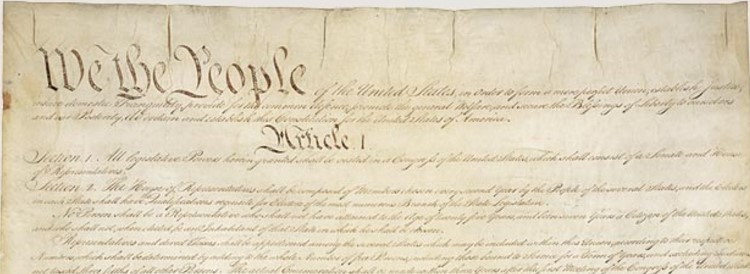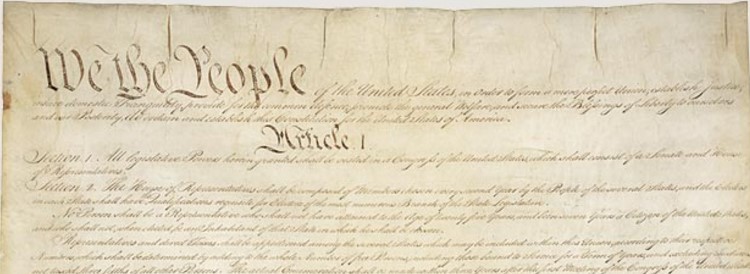New States may be admitted by the Congress into this Union; but no new State shall be formed or erected within the Jurisdiction of any other State; nor any State be formed by the Junction of two or more States, or Parts of States, without the Consent of the Legislatures of the States concerned as well as of the Congress.
We can admit new states to the Union. We are not allowed to divide states, nor are we allowed to combine them, unless both Congress and the legislatures of all the other states agree. So, let’s say Northern California wanted to be its own state. Congress and all the current state legislatures would have to agree.
The Congress shall have Power to dispose of and make all needful Rules and Regulations respecting the Territory or other Property belonging to the United States; and nothing in this Constitution shall be so construed as to Prejudice any Claims of the United States, or of any particular State.
That being said, Congress gives itself jurisdiction over territories that are not states. Think Puerto Rico and Guam. Yes, Puerto Rico is an American territory and its people are US citizens. So Congress has the authority to establish a National Park in Puerto Rico. Indeed, the National Historic Site with the iconic fort in Puerto Rico is maintained by the National Park Service, as permitted by Consitution.


